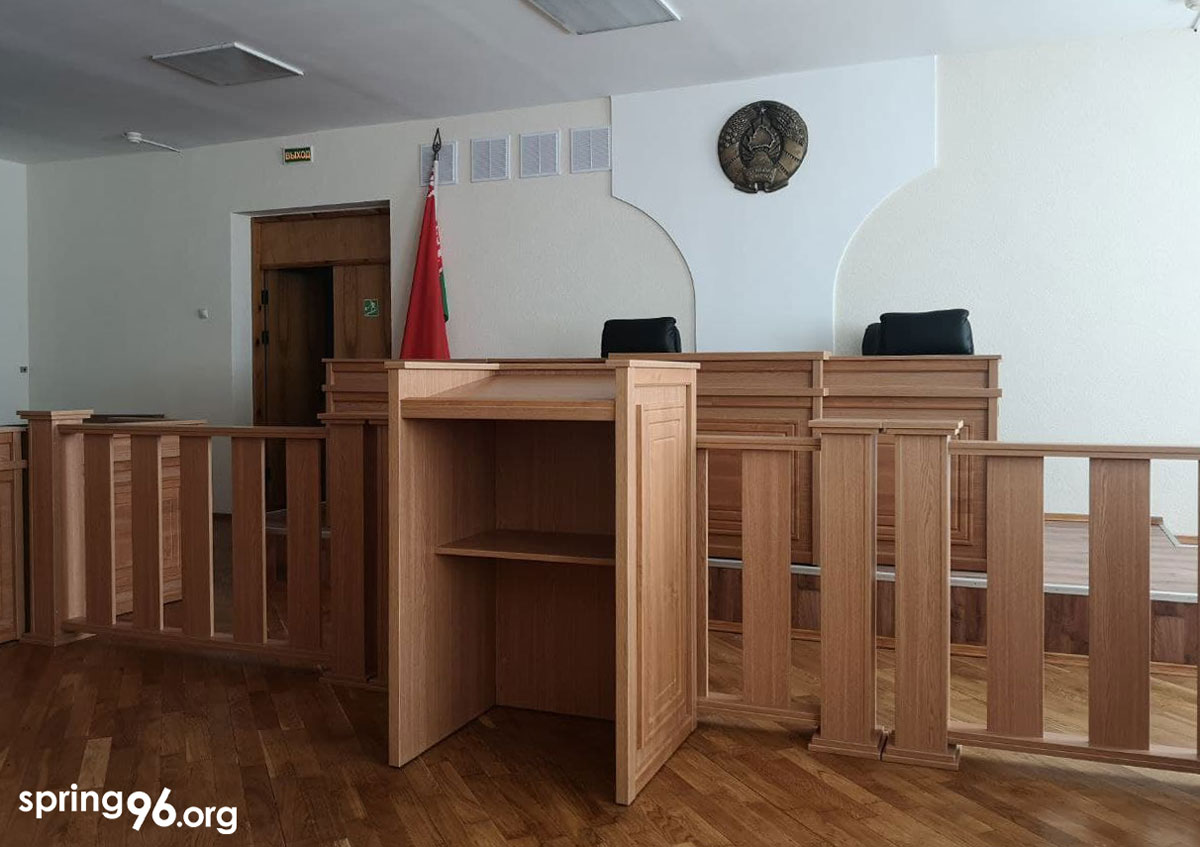In October, at least 95 people were convicted in protest-related criminal trials
The Human Rights Center “Viasna” continues to monitor politically motivated criminal trials, which have been the primary tool of repression since the announcement of the presidential election last May.
In October, the number of political prisoners increased by 117 people. Viasna is aware of at least 95 people who were convicted in politically motivated criminal trials during the month. Of these, 20% are women and 80% are men.
The monitoring revealed a significant increase in the number of sentences on defamatory charges (Articles 188, 367, 368, 369, 370, 391 of the Criminal Code). Such cases make up 70% of the total number of trials monitored in October.
Thus, the judiciary has predominantly worked to suppress freedom of expression in cases of criticism of government officials. At the same time, the proportion of persons convicted of “mass riots” and “gross violations of public order” has decreased by 26%, as compared to the 50% in March.
These figures are evidence of a new trend of the Belarusian authorities’ shifting the focus of repression form the suppression of freedom of peaceful assembly to the blatant disregard of freedom of expression.
It should be noted that after the coming into force of the recent amendments to the Criminal Code which increased the severity of punishment for exercising basic rights, the judiciary has actively used these novelties for repressive purposes.
The judicial monitoring also revealed a broad geography of politically motivated prosecutions, with similar trials taking place in dozens of cities across Belarus.
Types and length of punishment
The monitoring of trials proves that the country’s judicial system tends to select the most severe types of punishment resulting in restricted freedom and imprisonment.
The courts applied imprisonment in 28.42% and restricted freedom (confinement in open penitentiaries, or “khimiya”) in 27.37% of cases. “Home imprisonment” was ordered in 42.11% of cases. “Arrest” (short terms of imprisonment) was used as a punishment in as few as 2.1% of cases.
Thus, various types of custodial sentences were handed down in 100% of the cases described as politically motivated.
Transparency of criminal trials
Over the past 12 months, the Belarusian courts have held hundreds of carbon-copy trials, which left the essential details of a significant part of them behind closed doors. In such circumstances, the judiciary’s integrity is rightly impeached, with the lack of effective legal mechanisms threatening the sustainability of the country’s constitutional order.
In addition to hearing cases in closed sessions, the authorities continue to restrict public access to court hearings.
The secretary of the Horki District Court demanded that the observer removed all technical devices.
During a criminal hearing at the Biaroza District Court, the prosecutor threatened the observer with criminal charges in case an audio recording of the court session appeared online.
Closed hearings were arbitrarily ordered by the courts in Barysaŭ, Vetka, Mahilioŭ, Homieĺ, Mazyr and other cities.
The Centraĺny District Court of Homieĺ continues to hear criminal charges against Viasna’s human rights activist Leanid Sudalenka and volunteers Tatsiana Lasitsa and Maryia Tarasenka. The trial has bene held behind closed doors.
Similarly, the Homieĺ Regional Court is hosting a closed criminal trial involving several critical bloggers and opposition figures, including Ihar Losik, Mikalai Statkevich and Siarhei Tikhanouski.

Political prisoners in Belarus
As of November 1, 831 person in Belarus are considered as political prisoners


















